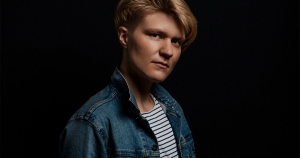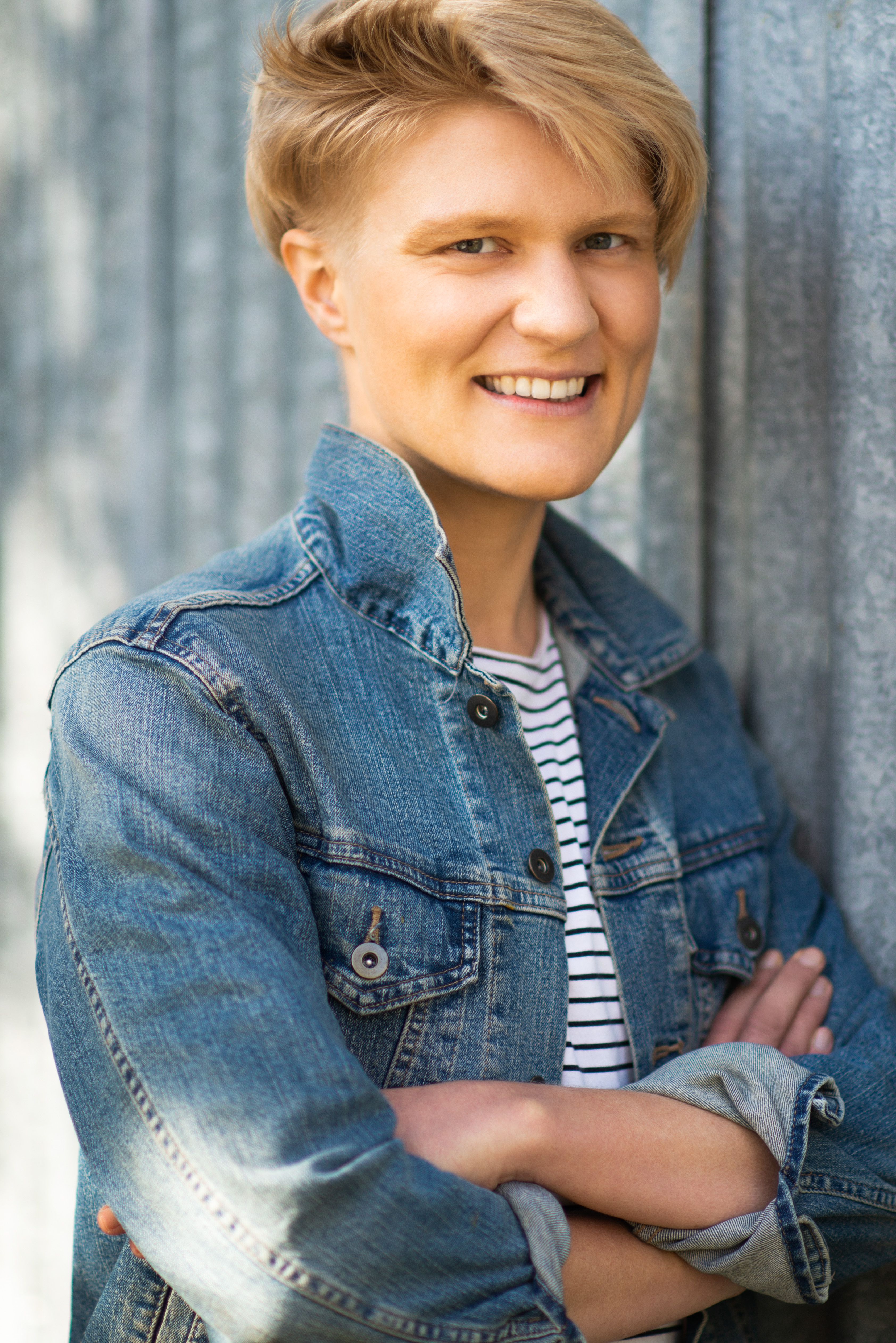Sarah Walker
Kate Crowcroft reviews 'The First Time I Thought I Was Dying' by Sarah Walker
In The First Time I Thought I Was Dying, the photographer–artist Sarah Walker brings into focus ideas about anxiety, control, bodily functions, and the uses of breached boundaries. The essays of this book are personal, and readers of confessional non-fiction will delight in their tone: equal parts jocose and sincere.
... (read more)It’s the 1980s. Elsinore is a logging town, ruled by troubled royals. The King is dead, Hamlet is paranoid, and Ophelia is having some very strange dreams. Beyond the palace walls, a carnival approaches, the workers are rebelling, and the forest has grown hungry. This is the world of Because the Night, Malthouse’s bold return to performance after the shutdowns of 2020.
... (read more)Alison Croggon has written poetry, fantasy novels, and whip-smart arts criticism for decades, but Monsters is her first book-length work of non-fiction. In this deeply wounded book, Croggon unpacks her shattered relationship with her younger sister (not named in the book), a dynamic that bristles with accusations and resentments. In attempting to understand the wreckage of this relationship, Croggon finds herself going back to the roots of Western patriarchy and colonialism, seeking to frame this fractured relationship as the inexorable consequence of empire.
... (read more)Actor Mark Diaco spent ten years trying to secure the rights to Lanford Wilson’s 1987 play Burn This. You can see why. This is theatre that feels good to perform: full of drama, wrenched love, long monologues, and floods of tears. The characters are meaty, the dialogue turbulent, dizzying, and technically complex. These are show-piece roles. They exist, though, in a script whose latent gender politics are at risk of overshadowing the story.
... (read more)Sarah Walker reviews 'Sky Swimming: Reflection on auto/biography, people and place' by Sylvia Martin
Queer memoir is particularly given to formal play, to unpacking and upsetting the conventions of genre in order to question women’s roles as both narrator and subject. Maggie Nelson’s The Argonauts (2015) mixes scholarship and bodily transformation. Carmen Maria Machado’s In The Dream House (2019) unpacks the nature of narrative itself to reflect on an abusive relationship. Into this field comes Sky Swimming, Sylvia Martin’s ‘memoir that is not quite a memoir, more a series of reflections in which I act as a biographer of my own life’. For Martin, the critical distance of the biographer enables her to consider the resonances that exist between her own experiences.
... (read more)'Contested breath: The ethics of assembly in an age of absurdity' by Sarah Walker
What's it like losing a parent amid a pandemic? How do we mourn and celebrate when Covid-19 has made all public gatherings problematic? In her highly personal essay 'Contested breath', Sarah Walker explores with wit, humour and an unforgettable poignancy her experience of her mother's death during the coronavirus pandemic, and how to find the space to grieve when the world itself is shaken.
... (read more)There’s a script for everything. Someone, voice wavering, says, ‘She’s dead’, and you say, ‘What?’ They say it again, and you say, ‘Oh, my god.’ You ask the usual questions, and then hang up and everything is incredibly quiet. You tell your boyfriend, and you both walk around the house trying to pack useful things: a sleeve of Valium, warm socks. You call your brother in London. He texts to say it’s five am there, can it wait? You call back. Before he even answers the phone, he knows.
... (read more)A play begins its conversation with an audience well before the house lights go down. Marketing images, PR blurbs, interviews – they all launch the process of introducing the work, of situating it in the world. By opening night, the audience is primed. A good production slips seamlessly from the abstract to the real, maintaining a coherent identity from marketing copy to stage. The Great Australian Play, now playing at Theatre Works, promises a scathing indictment of the emptiness at the heart of our national mythology. Instead, it delivers a meandering portrait of a writer who is embarrassed by his own source material.
... (read more)Oh No! Satan Stole My Pineal Gland! – almost certainly the best title in this year’s Fringe Festival – is a ridiculous yet rigorous work that demonstrates the wonderful agility of fringe theatre in Melbourne. After nearly twenty years in its North Melbourne hub, the Fringe has moved homes to the newly renovated Trades Hall ...
... (read more)









